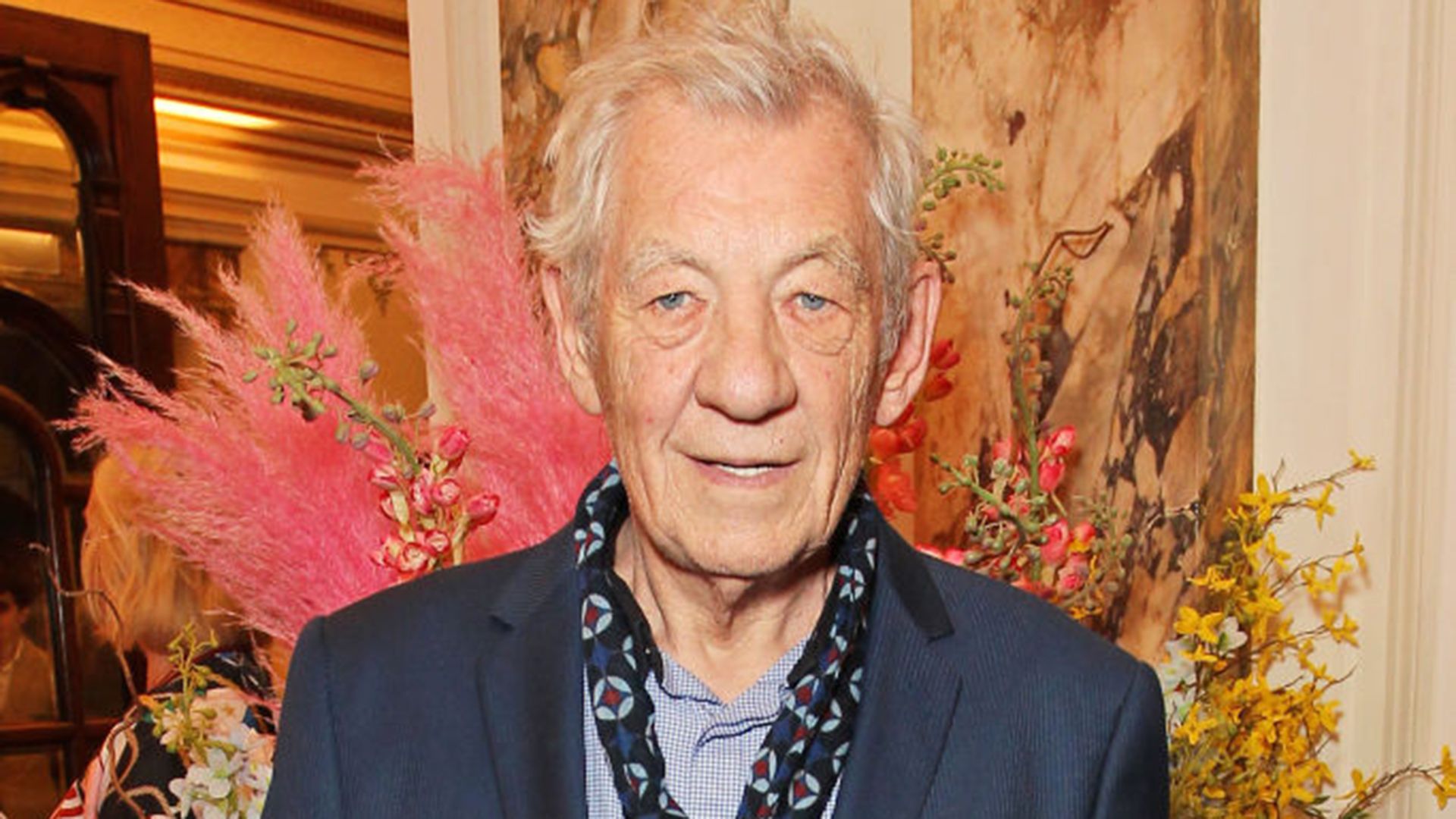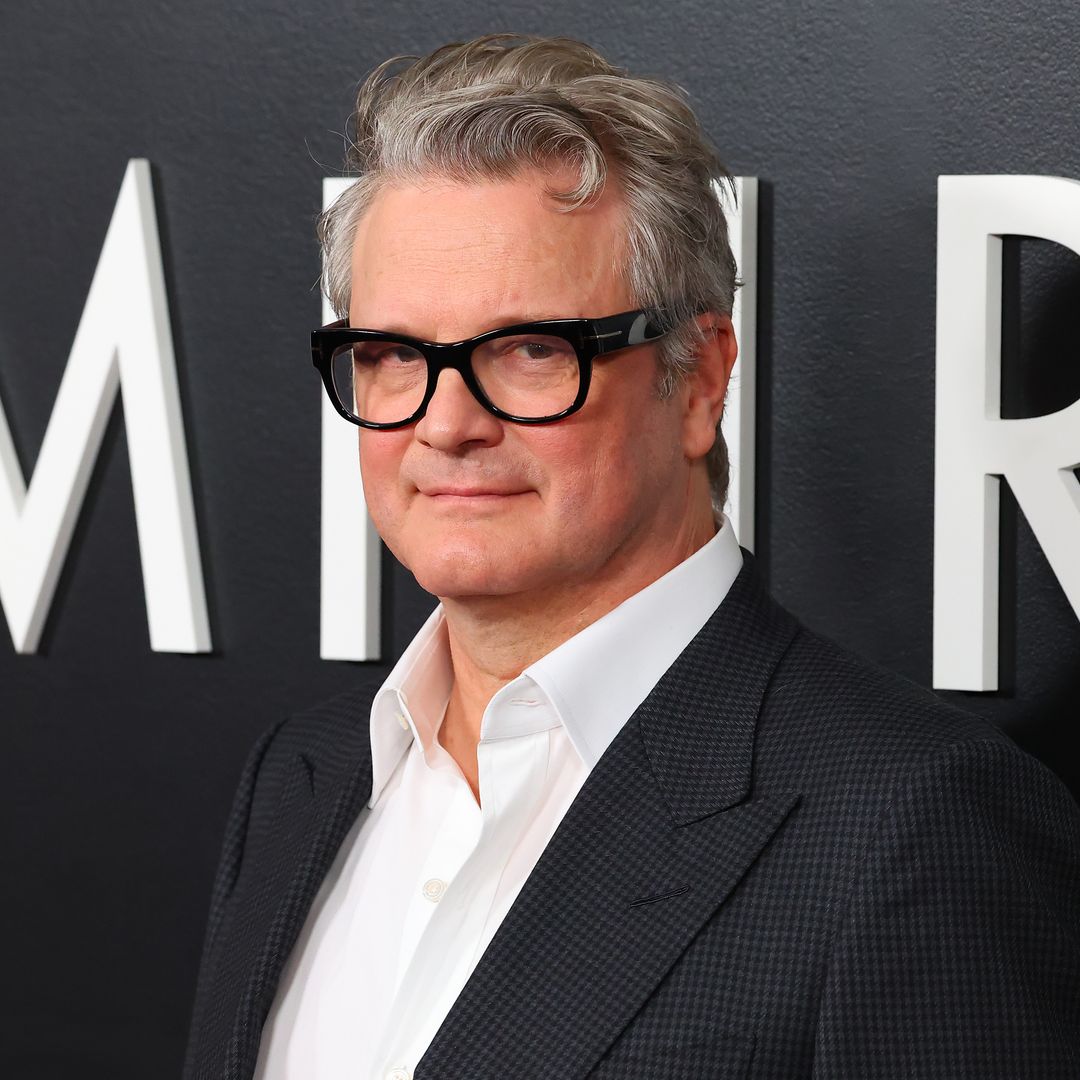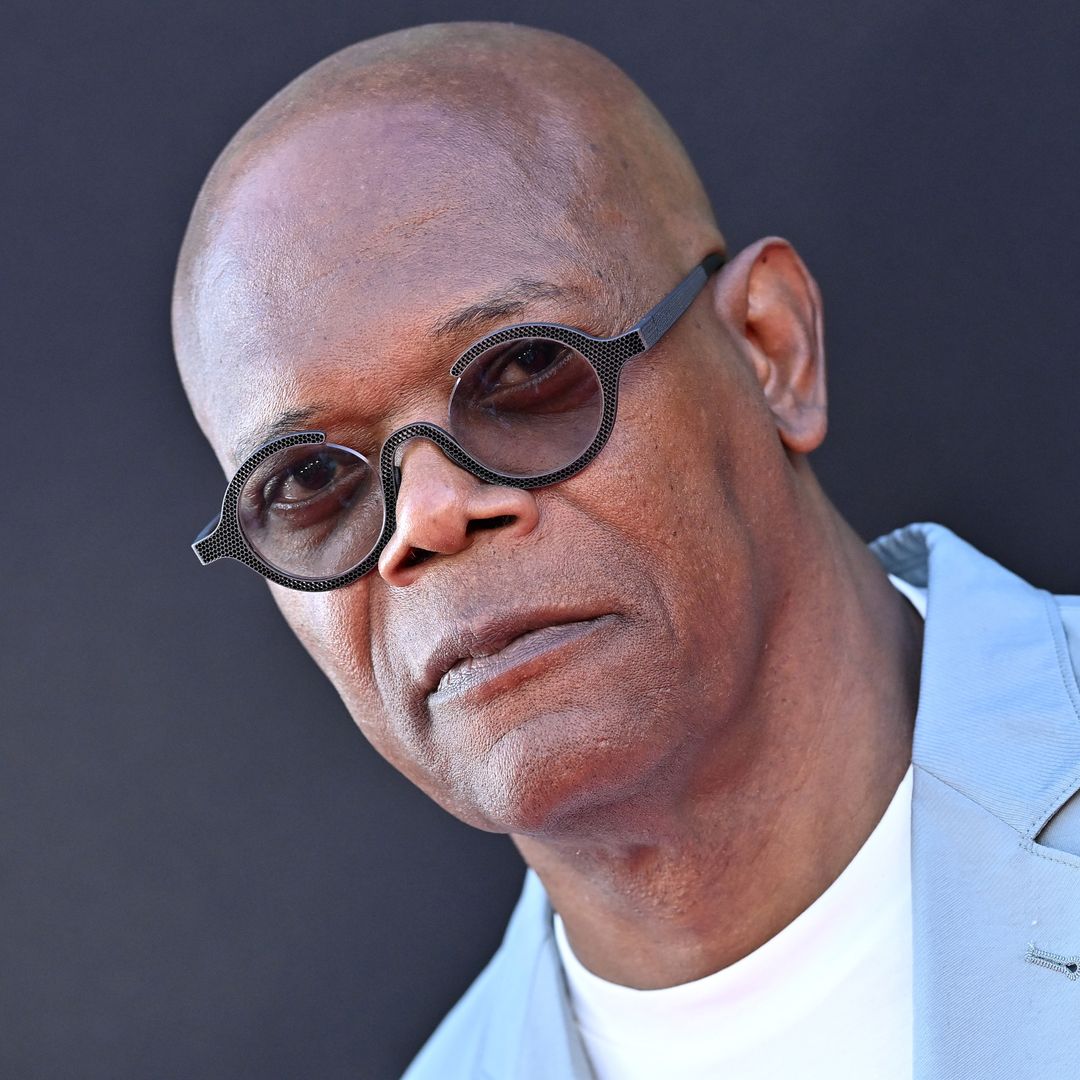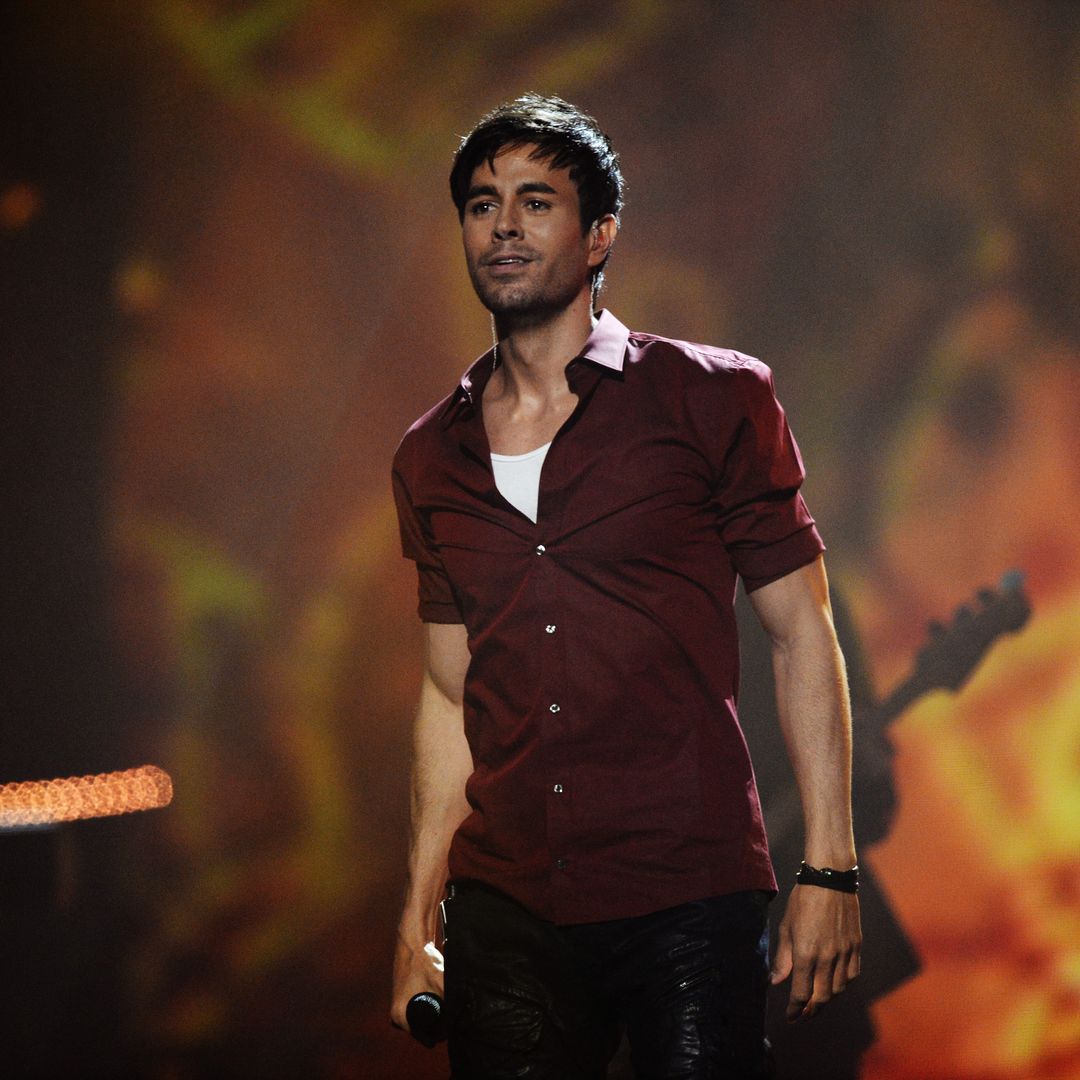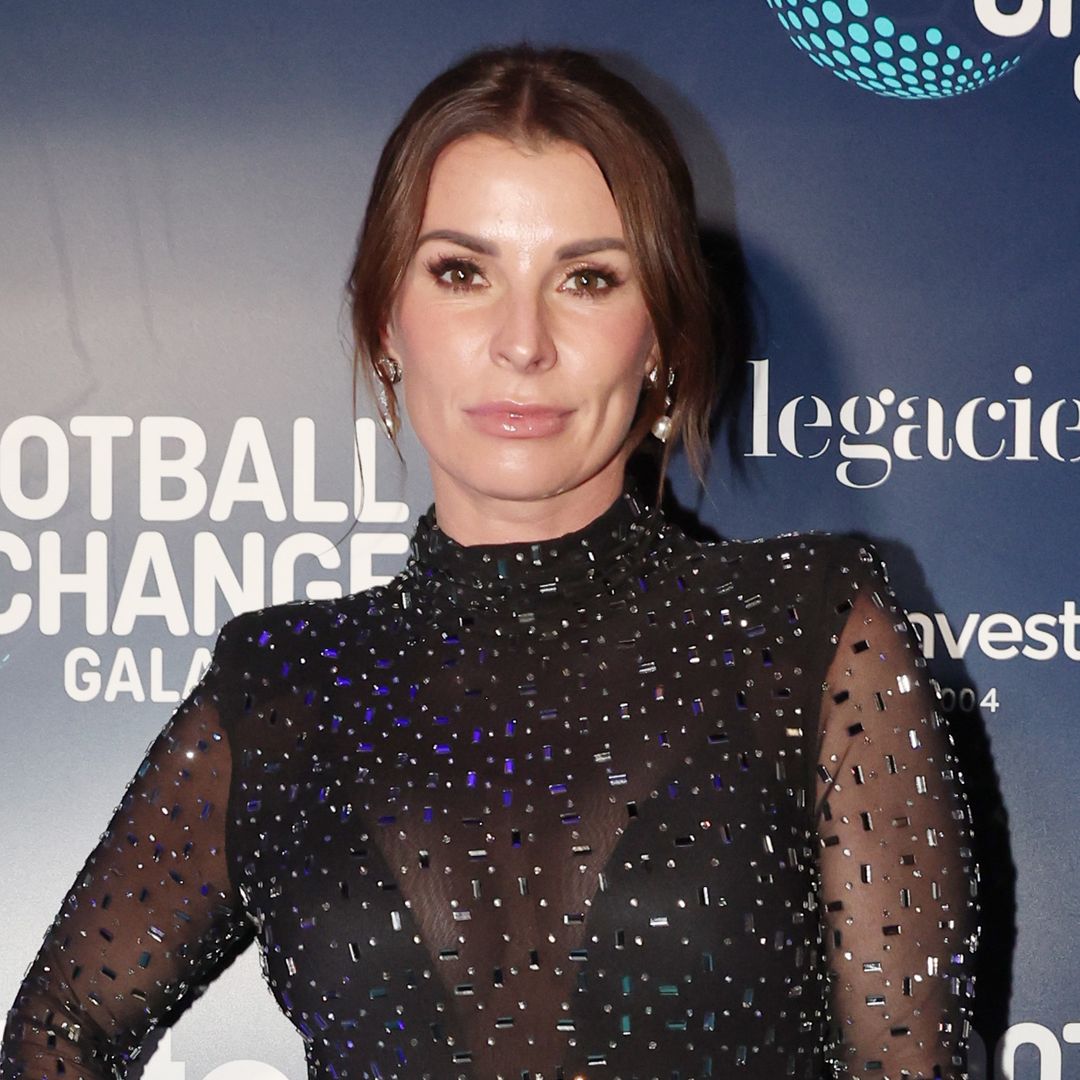Ian McKellen's Early Life
Born in Burnley in 1939, and raised in Wigan and Bolton in northern England, Ian Murray McKellen knew from an early age he wanted to be an actor. His parents actively encouraged his thespian ambitions, buying him a toy theatre when he was seven in which he used to stage plays. After discovering Shakespeare, thanks largely to his sister, Ian trod the boards in school productions of classics such as Twelfth Night, and spent his summer holidays at camps in Shakespeare's home town of Stratford-upon-Avon.
Ian McKellen's Stage Career
Later, while studying English Literature at Cambridge in the late-Fifties and early-Sixties, Ian went on to appear in 21 undergraduate productions with other future luminaries of British theatre, Derek Jacobi and Trevor Nunn. After graduating from Cambridge in 1961, Ian plied his trade in the provinces before joining the National Theatre four years later. With his tall, lean figure, and heavy eyebrows, the actor was not considered conventionally handsome, but he proved a powerful and dynamic stage presence, notably opposite Maggie Smith in Much Ado About Nothing in 1965.
Two years later, Ian's breakthrough lead came alongside Judi Dench in the Russian play The Promise. Although he made an appearance on US TV in a serialised production of David Copperfield in 1966, Ian spent most of the next two decades on stage rather than on screen. He amassed numerous accolades along the way including a Tony Award in 1981 for his Broadway portrayal of Salieri in Amadeus.
Ian McKellen's Film & TV Career
Ian's win at the Tony Awards prompted offers for both TV and film roles, and he made his first foray into cinema in 1983 in the oddball thriller The Keep. However, it would not be until 1989 after his very public coming out that Ian truly made the cross-over from stage to screen, playing John Profumo, a real-life politician brought down by a notorious heterosexual Sixties sex debacle, in 1989's Scandal.
In 1995, Ian brought his Thirties-set stage adaptation of Richard III to the big screen to wide acclaim. Three years later, he earned his first Oscar nomination for a stunning portrayal of horror-movie guru James Whale the expatriate director who made the 1931 classic Frankenstein in Bill Condon's Gods And Monsters. Rather than taking advantage of his screen success, Ian returned to the theatre, first in a Los Angeles production of Ibsen's An Enemy Of The People and then a 1998/9 season of productions in Leeds, England, that included The Tempest and The Seagull.
Ian returned to the glitzy world of Hollywood in 2000 to appear as Magneto in Bryan Singer's long-awaited X-Men feature. The same year, he signed on for another much-anticipated production, The Lord Of The Rings trilogy. Ian's portrayal of the wizard Gandalf in the first of the three films garnered him a second Oscar nomination in 2002. His role as the eccentric Sir Leigh Teabing in the screen version of Dan Brown's bestseller The Da Vinci Code further cemented his position as one of the UK's most important actors.
The star's new-found acclaim has particular significance for Ian. "Six years ago," he said after his first Oscar nomination in 1999, "I was that dreadful thing, the veteran Shakespearean British actor. 'British' I could cope with. 'Shakespearean' is meant to be a compliment, but 'veteran'? The implication is I was only good enough to be in plays. That perception I hope now has changed."
Ian's hopes have certainly come true as he continues to showcase his versatility on screen. As well as reprising the role of Gandalf in Peter Jackson's Hobbit trilogy, the star has since stepped into the shoes of Erik Lehnsherr – aka Magneto – for the X-Men franchise.And in another remarkable feat, Ian joined the small number of actors who have had the honour of portraying the legendary Sherlock Holmes on-screen. To no one’s surprise, his performance in Bill Condon's mystery Mr. Holmes (2015), garnered widespread critical acclaim, while the film itself received favourable reviews.
Following Ian's reunion with his close friend and actress Helen Mirren in The Good Liar (2019). Adding to his ever-expanding body of work, the 84-year-old is set to star in the British period thriller, The Critic.
